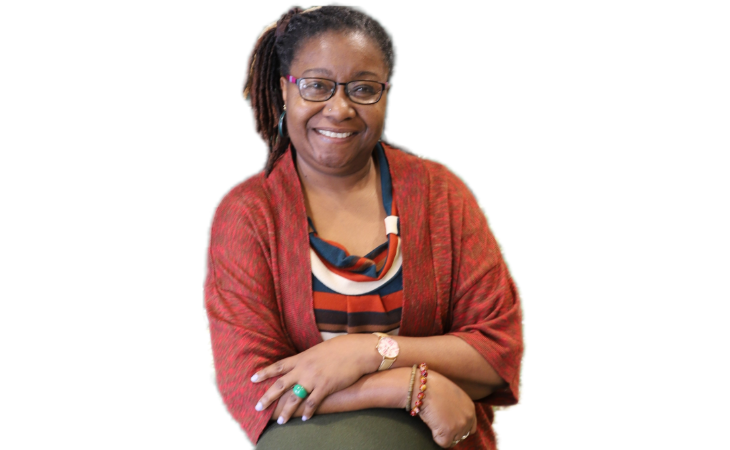Researcher Zibah shares her leadership tips for young women
In this blog, Zibah Nwako, Founder of AFFIRM Consulting and a Postdoctoral Researcher at the University of Bristol shares her leadership tips for young women in universities and colleges.

“You need your tribe…you need people who will support you” says Zibah Nwako, Founder, AFFIRM Consulting and Postdoctoral Researcher at the University of Bristol.
All too often, as women we are told what we can and cannot do; we are told the roles we can and cannot apply for. How then do we ensure that women are equipped with the confidence and relevant skills that they need to step out on their own or to go after what they really want for themselves?
In educational institutions, where young women spend a lot of their formative years, teachers, faculty members and the school or university as a whole play an important role in encouraging and creating spaces for these young women.
Originally from Nigeria, Zibah set out in her doctoral study to understand female undergraduate students’ experiences in Nigeria. In her findings, she describes how in some universities, political leadership is stringently reserved for men. Female students can only run for the role of vice president of the student union government, but not the president’s role which is set aside, often as an unspoken rule, for male students.
With these young women already facing these glass ceilings in university, they become preconditioned to face and accept these same barriers in the real world.
“...that is patriarchal dominance, and it creates fear! …when it comes to progress in studies and aspirations for work outside university, there is this barrier that there are certain things we [women] can do and certain things we can’t.”
With the theme for this year’s International Women's Day as Women in Leadership: Achieving an equal future in a COVID-19 world, Zibah explains how COVID-19 has affected researchers like her.
“Studies have shown that most of the research being produced at this point in time is from the male researchers, because women are expected to bear most of their other responsibilities particularly in the home.”
What then does leadership look like, despite these challenges? For Zibah, leadership is not just about being a leader and influencing people, but rather it starts with one’s self.
“It’s also about leading yourself in any environment that you find yourself in, it’s about having the opportunities to be self-managed, to having the agency and the voice… I think leadership first starts with self.”
In trying to self-lead as women, Zibah recommends doing the homework to find out how some of those leadership skills could be gained. This could be through reading an array of content or enrolling in training programmes held publicly or hosted by a young woman’s university. Additionally, mentorship and networking are absolutely key factors in helping develop a young woman’s leadership skills.
“You could get a mentor, someone who you know, whose opinions you respect or whose way of life you admire and ask them to mentor you. I think it’s very valuable.”
In her opinion, as a young woman, you may not get very far without having your own network of people you can turn to. As uncomfortable as networking may be for some people, it’s absolutely necessary in trying to get ahead.
“I have seen that you don’t get very far without networks… I always ask myself where the power is being held. For example, if I find that there’s a situation in an organisation and there’s a lot of power at the top, and it’s in the male domain, how do we get to and through it? …you need people, you need contacts."
Having a community of her own that will guide her, as well as cheer her on, makes all the difference in shaping a young woman’s confidence and skills.
This interview is part of our series of interviews with female leaders in education for International Women’s Day 2021.
Find out more about ESSA’s work using evidence to improve female leadership in education here.